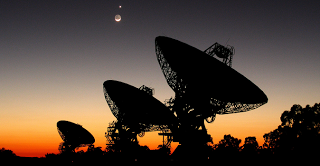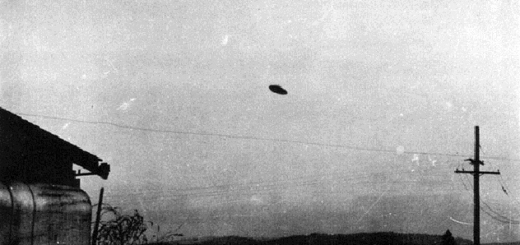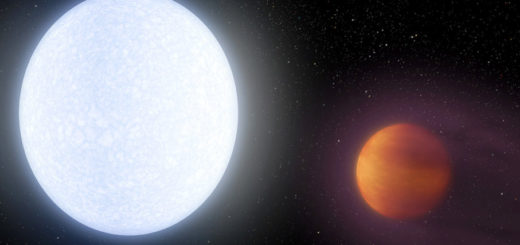Scientists and Academics Form A Group In Hopes To Offer Scientific Explanations On UFO Sightings

A group of academics and scientists from different parts of the world has launched a new project called UFO Detection and Tracking (UFODATA) to apply rigorous scientific research to UFO study. It’s an all-volunteer, nonprofit effort of scientists from the U.S., U.K., Italy, Chile, and the Netherlands. They’re aiming to use scientific data and research methods to offer advanced details of the subject.
Scientific president and director of the J. Allen Hynek Center for UFO Studies in Chicago, Mark Rodeghier, says that scientific data on UFO reports and sightings is needed to make progress in understanding the causes. Rodeghier, who is also now a UFODATA board member, explains that filling out the form and telling what they saw isn’t going to help in solving the problem, which is the frequent, incomprehensible sightings of aerial activity.
The team of around 15 professors, astronomers, engineers, scientists, and a journalist plan to set up a series of advanced surveillance stations equipped with scientific research tools at various UFO hotspots, such as in Hessdalen, Norway, and the western United States. These stations will be used to capture photographs of unidentified objects and analyze the light from them to learn more about their sources of energy. The same efforts have been done in the past, but not in coordinated and scientifically rigorous method.
The sensors will feature several high-resolution cameras with a spectrographic grating, which will be used to analyze the type of light the camera is capturing, and analyze the way that energy affects the atmosphere around the light source. Other equipment includes Geiger counter, weather station, and magnetometer (measures electromagnetic radiation).
Each one of these sensors will cost between $10,000 and $20,000, which the group is hoping to raise through crowdfunding and other donations. Members of the group also want to build one prototype station, test it, and prove the concept. Rodeghier says they plan to raise more funds next year when the project is better known, and more volunteers are in place.



 Creators of mankind
Creators of mankind Description of “Tall white aliens”
Description of “Tall white aliens” Where they came from?
Where they came from? About hostile civilizations
About hostile civilizations The war for the Earth
The war for the Earth “Tall white aliens” about eternal life
“Tall white aliens” about eternal life Video: “Nordic aliens”
Video: “Nordic aliens” Aliens
Aliens Alien encounters
Alien encounters The aliens base
The aliens base UFO
UFO Technology UFO
Technology UFO Underground civilization
Underground civilization Ancient alien artifacts
Ancient alien artifacts Military and UFO
Military and UFO Mysteries and hypotheses
Mysteries and hypotheses Scientific facts
Scientific facts


















